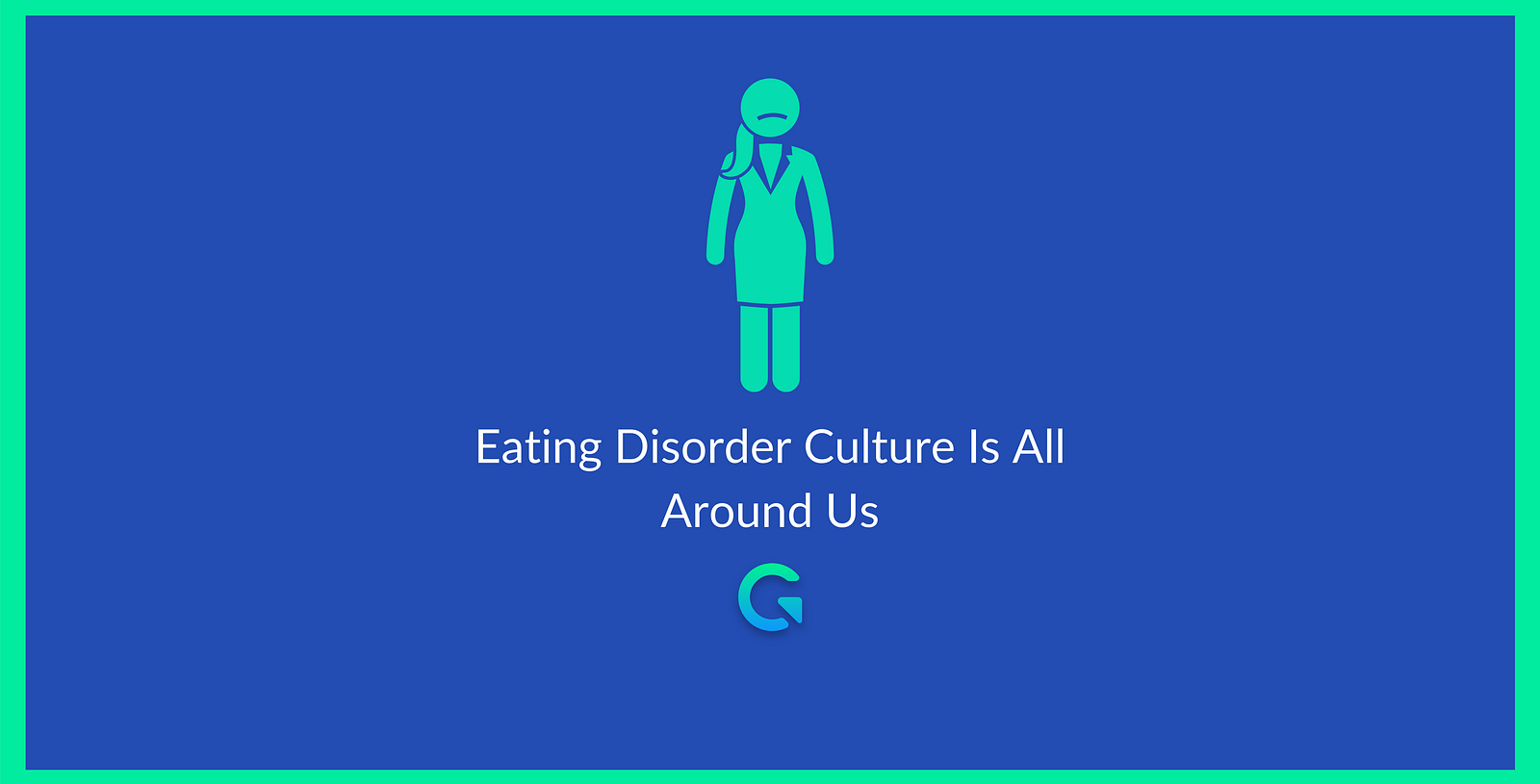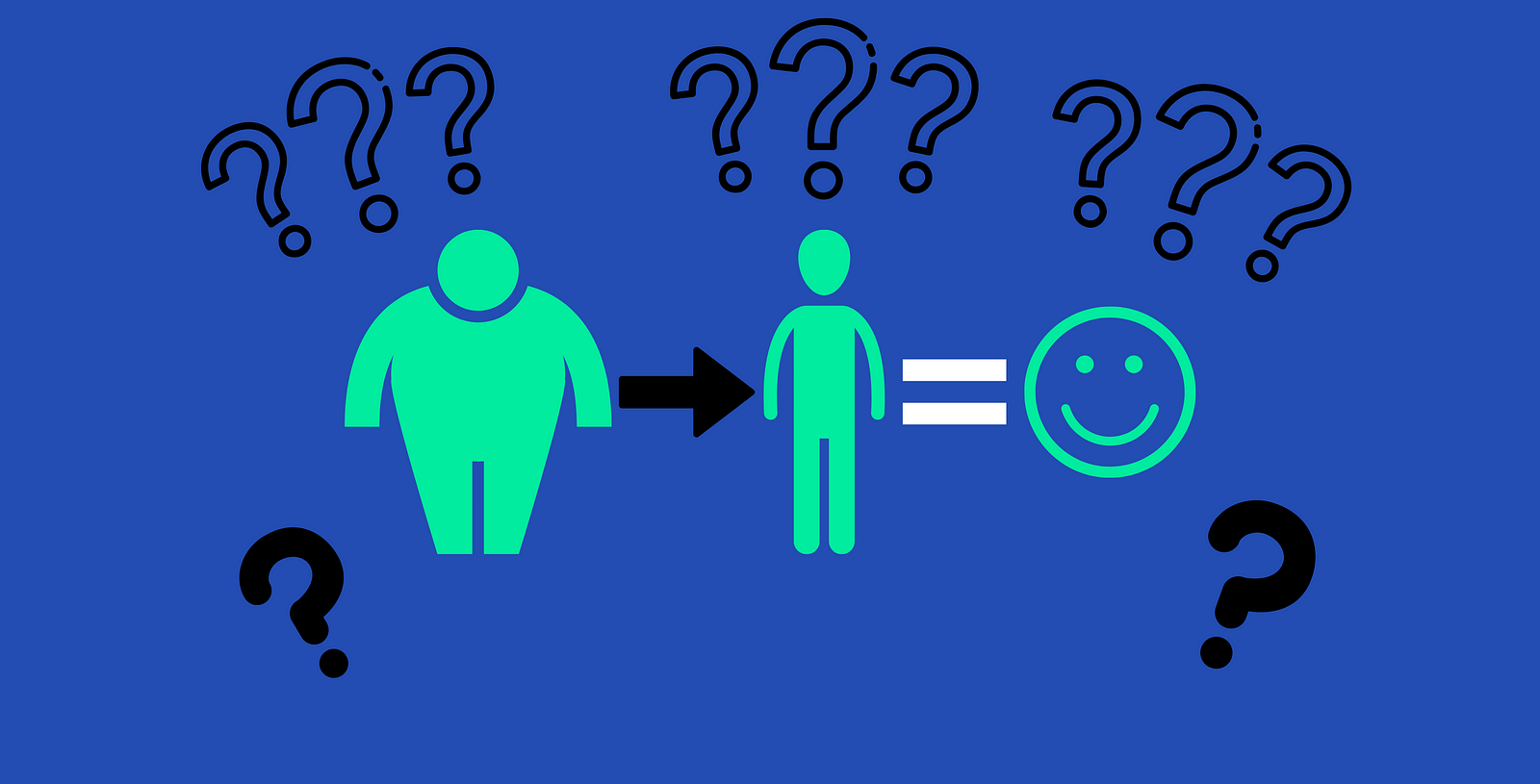Eating Disorder Culture Is All Around Us

You may not notice it but eating disorder culture is all around us. Consumers see tens of thousands of ads every day that is sending the subliminal message that a thinner body brings you more health, happiness, and overall better life. Where exactly is this eating disorder culture hiding in our everyday life? Some places are more obvious than others.

1. Tummy Teas
Advertised by A-list celebrities known for their figures from the likes of Kim Kardashian to Jennifer Lopez, these “weight loss” and “appetite suppressive products” have been promoted to billions of impressionable followers through the influential platform of social media. These products are advertised as “natural” supplements, specifically tea that is meant to assist the consumer’s digestive system resulting in a perfectly flat stomach. However, they are nothing more than a laxative that can be incredibly harmful when used regularly to promote weight loss and have negative health effects, resulting in actually a slower metabolism, the exact opposite of its initial claim.

2. Whose bodies are shown in the media?
From Sports Illustrated Swimsuit Edition to Carl’s Jr., the ideal body that is used to advertise products is that of unrealistic proportions, tiny waists with large but not ‘too’ large in the hips, and exaggerated features that are often created in post-production. These set unrealistic standards for us as a society. The presence of one kind of body in the media essentially gives young minds the idea that the image being shown is something to strive towards. When in reality while for a select few that kind of figure may just be how they are, in reality for many of us that just isn’t the case. This is why pushing for more diversity in representation in the media is so important whether it is in race, size or gender, everyone deserves to be able to look at an advertisement and see themselves in the model or actor.

3. Weight Loss Commercials
We’ve all seen the commercials: “This is me 80 lbs ago, I feel great!’ while displaying a picture of the individual looking very sad and slightly heavier, followed by a message from them looking as joyous as could be, sharing how they lost some weight using Product X, Y or Z. Oftentimes these commercials actually portray people who are just posing in two different ways and don’t actually feature major feats of weight loss. In other cases, they are using professional athletes who have gained weight during an injury and their body lost weight because they returned to a professional sports trainer as well as have personal nutritionists and dietitians working to create a plan for their body’s needs, no some gimmicky diet product on the infomercial. These commercials have proven to be problematic by directly linking the individual’s weight loss to their increase in happiness, which paints an unhealthy and unrealistic picture for consumers that they’ll be happier if they lose weight.

With diet culture being thrown at us in nearly every aspect of the media that we consume, it can be difficult to separate health habits from eating disorder behaviors. Whether you’re catching yourself counting calories or restricting what you eat because of something you saw somewhere, just remember; health and weight are not the same things, a lower weight does not equal a healthier life and most of all you are enough just as you are!
